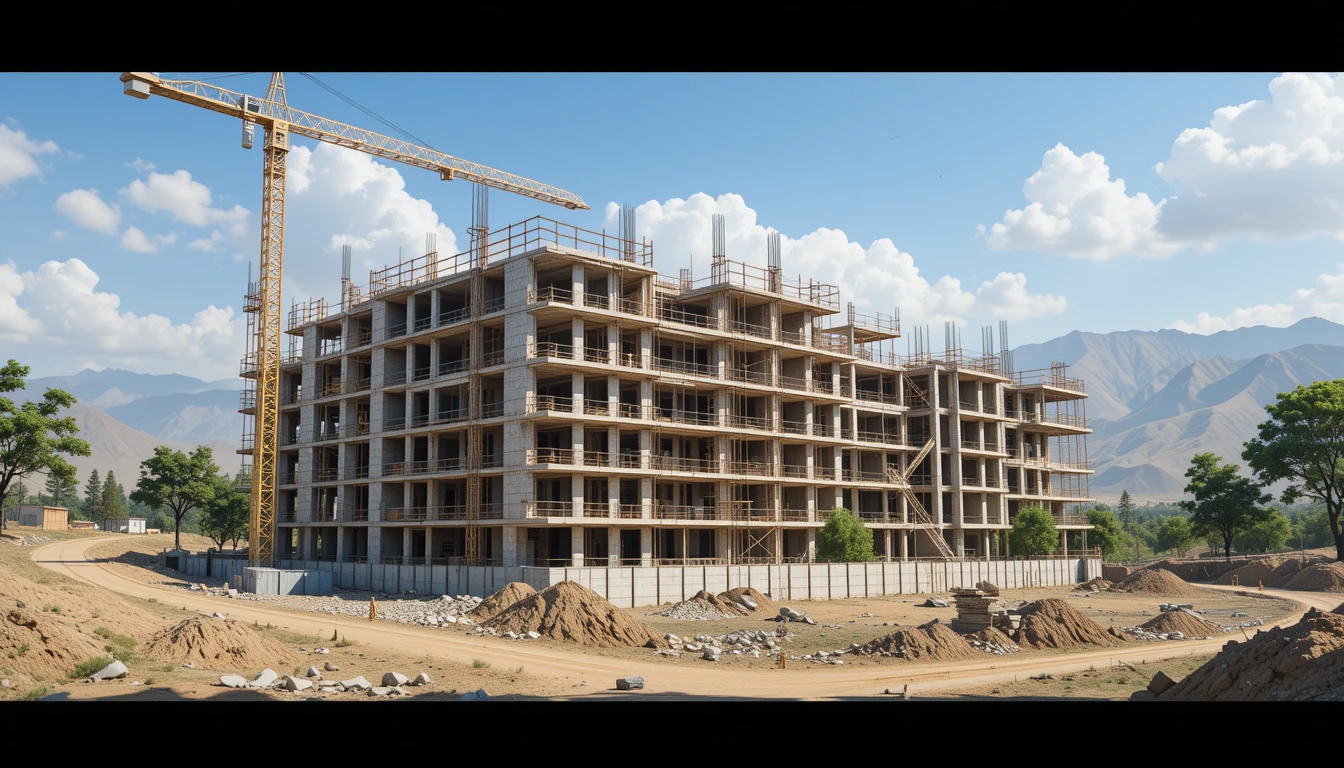Major Focus on Infrastructure, Social Sectors, and Regional Development as Islamabad Prepares for Budget Announcement
Key Takeaways
1. Historic Development Allocation: Rs1 trillion set aside for development, with a strong focus on infrastructure, energy, and social sectors.
2. Regional and Sectoral Focus: Significant funds allocated for special areas including Azad Jammu and Kashmir, Gilgit-Baltistan, and merged districts of Khyber Pakhtunkhwa.
3. Economic Outlook: Despite a modest rise in inflation to 3.5% in May, Pakistan’s macroeconomic indicators show improvement, with authorities emphasizing continued reforms and cautious optimism.
Islamabad, Pakistan – Pakistan’s federal government has earmarked a record Rs1 trillion ($3.5 billion) for development projects in its upcoming 2025-26 budget, signaling a renewed commitment to infrastructure growth and social uplift across the country. The announcement was made by Planning Minister Ahsan Iqbal on Monday, ahead of the formal budget presentation slated for June 10 in the National Assembly.
Minister Iqbal detailed that the lion’s share of the development budget—Rs664 billion ($2.3 billion)—will be directed towards infrastructure projects such as energy, water, transport, physical planning, and housing. Notably, Prime Minister Shehbaz Sharif has instructed that Rs120 billion ($426.7 million) be dedicated to the N25 Chaman-Quetta-Karachi Expressway, a critical artery for trade and regional connectivity.
Other key allocations include:
• Rs150 billion ($533.3 million) for social sectors.
• Rs63 billion ($223.9 million) for special regions like Azad Jammu and Kashmir and Gilgit-Baltistan.
• Rs70 billion ($248.4 million) for the merged tribal districts in Khyber Pakhtunkhwa.
• Rs53 billion ($188.3 million) for science and information technology.
• Rs9 billion ($32.2 million) for governance and reform initiatives.
• Rs11 billion ($39.1 million) for production sectors.
“The majority of allocation is for water, power and highway sector,” Iqbal emphasized, reflecting the government’s drive to address infrastructure bottlenecks and boost economic productivity.
While Minister Iqbal acknowledged that a hike in defense spending is expected—especially in light of recent hostilities with India—no specific figures have been released yet. Pakistan’s defense budget currently stands at Rs2.122 trillion ($7.53 billion). The increase comes after a tense period of cross-border conflict, which saw both nations engage in missile, drone, and artillery exchanges before agreeing to a ceasefire on May 10.
Pakistan’s annual inflation rate edged up to 3.5% in May. However, the macroeconomic outlook has improved, buoyed by a stronger current account balance, increased remittances, and easing inflationary pressures. Authorities remain vigilant, aiming to consolidate recent gains, guide the nation toward sustainable growth, and reaffirm their commitment to ongoing economic reforms.




